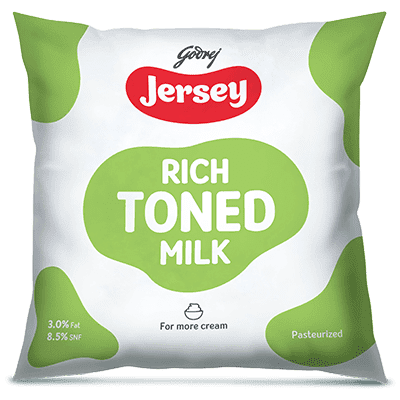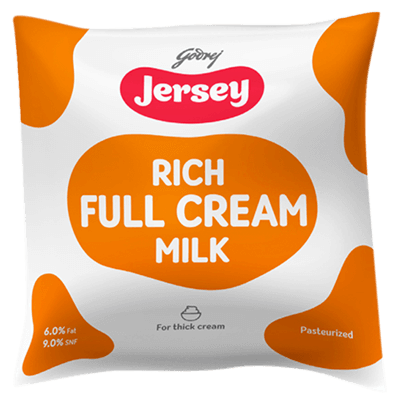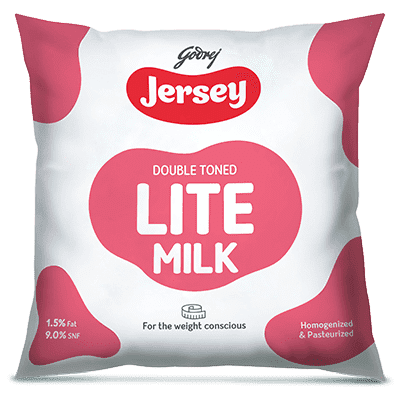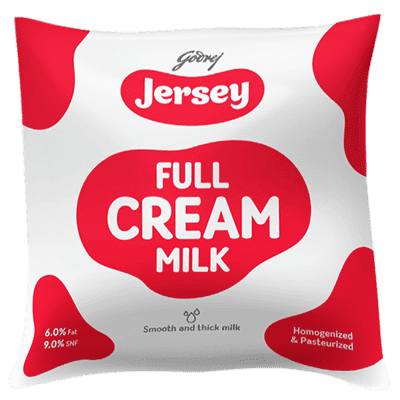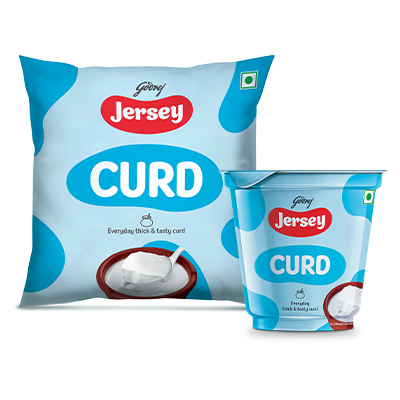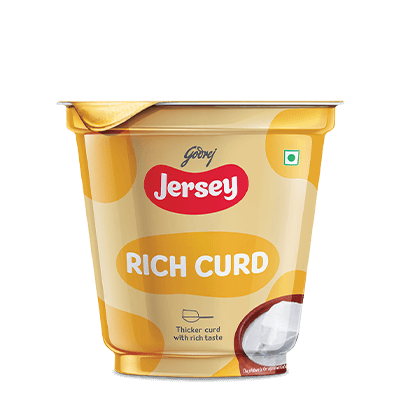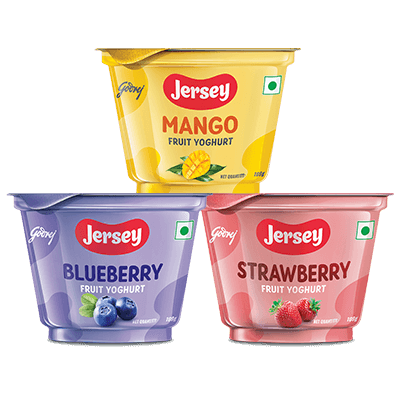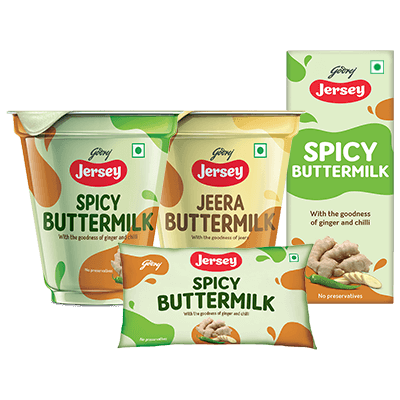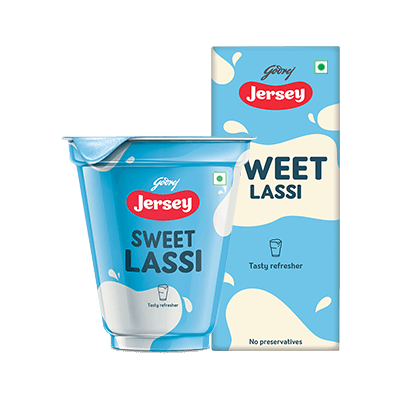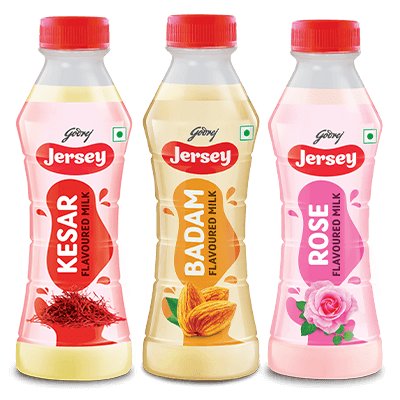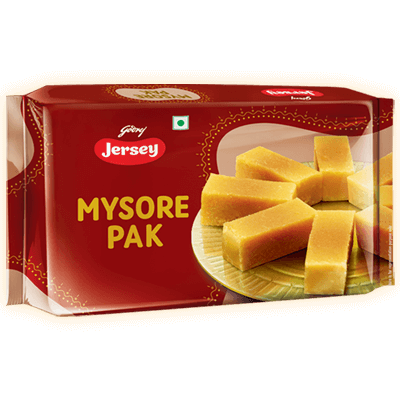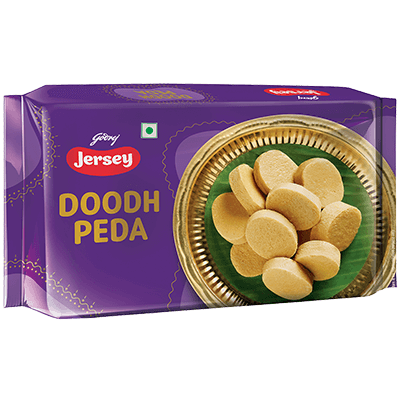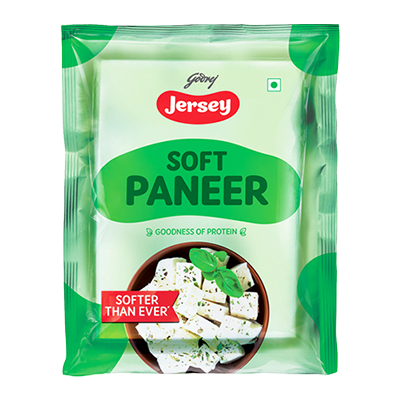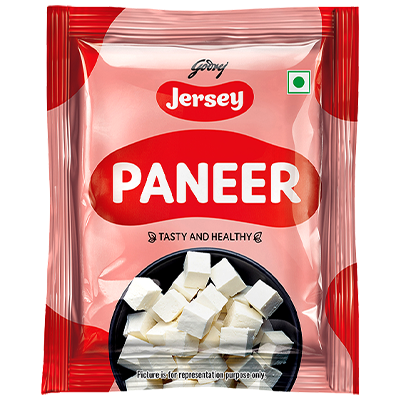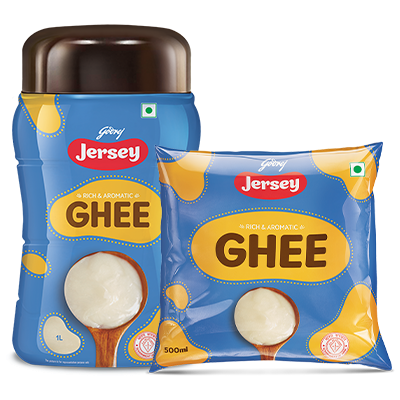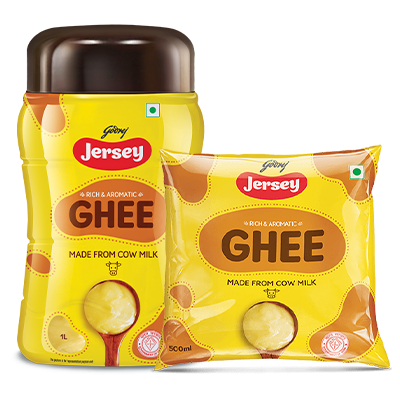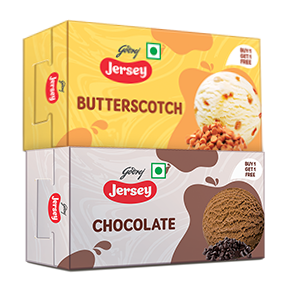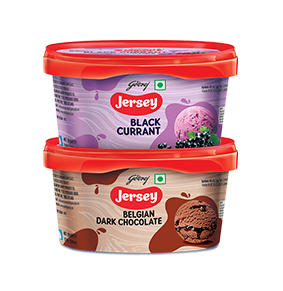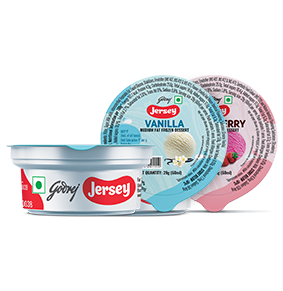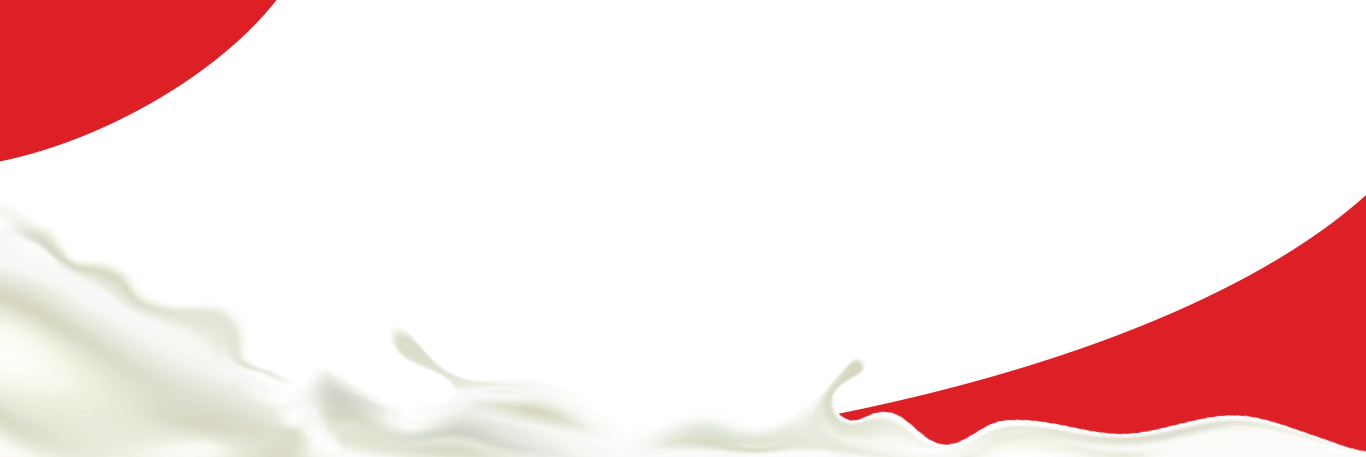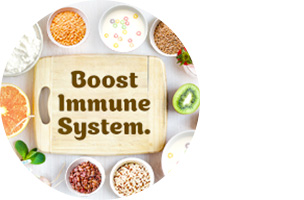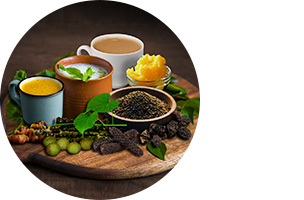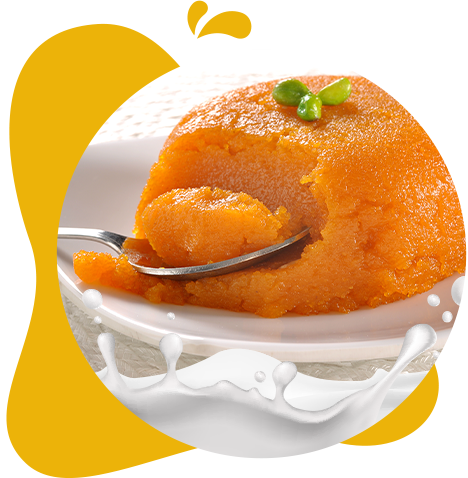
Why Choose Ghee ?
Rich and granular ghee for tasty sweets with the perfect aroma!
Frequently Asked Questions
Find all your queries about dairy products answered here
-
How are the products manufactured?
The process starts with the collection of milk from the farmers. The collected milk is then transported to chilling centres and stored. The milk goes through the process of pasteurization, homogenization and standardization. After this process is complete, the milk is ready to manufacture various dairy products.
-
How does Jersey ensure the highest quality for milk and the milk products?
All the milk collected goes through a grading test i.e. Organoleptic Test, which is basically a milk analyzer test. The milk is also tested for adulterants. The temperature on milk, Fat and SNF, heat stability and acidity of milk is also checked to ensure that the best milk goes for chilling. These screening methods ensure that only the top quality milk is retained. After the grading process, the milk is chilled immediately to retain freshness.
-
What are the quality control measures employed by Jersey?
Various measures have been included after a lot of study and research. The storage temperature for the milk and various milk products are kept at optimum level to ensure that the microbial growth is slowed down to minimal. The temperature varies for different products. Every product is put through the CIP control, the purpose of which is manifold. Removes microbial contamination Removes chemical product traces Disinfectant: Sealed Air chemical- Acetic acid Quality assurance tests are conducted for the packing materials, any additives and the finished product. The products are also tested for legal specifications.
-
What are the various processing measures the milk goes through?
Generally, there are 4 major processing steps which are followed in milk Pasteurization- The milk is heated to a specific temperature for a specified time. This is done to destroy any already present or potential harmful pathogens. UHT Pasteurization- Ultra-high temperature (UHT) milk is pasteurized at a much higher temperature to make it sterile. Homogenization- This takes place after the pasteurization and ensures that the milk fat is not separated from the fluid milk. A creamy, smooth and uniform milk texture is created. Fortification- Finally, the milk is fortified to replace the nutrients lost while processing or to increase the nutritional value by the addition of nutrients. The milk is then chilled and packed for delivery.
-
What is the composition of milk?
Milk comprises of 87% water, 4% fat and 9% SNF (Solid-not-fats). While fat is responsible for thickness, creaminess and nutrition in milk; the energy in milk comes from its SNF and gives milk/curd, good texture. This includes protein, lactose and mineral matter.


Jersey Corner
Enter the world of healthy living

Here are the best food tips that will help you to boost your immunity naturally.

This blog will help you naturally boost your immunity with the help of Indian food and ingredients that are easily available in your kitchen.
Jersey Parlour Locator
Find a Jersey store near you



